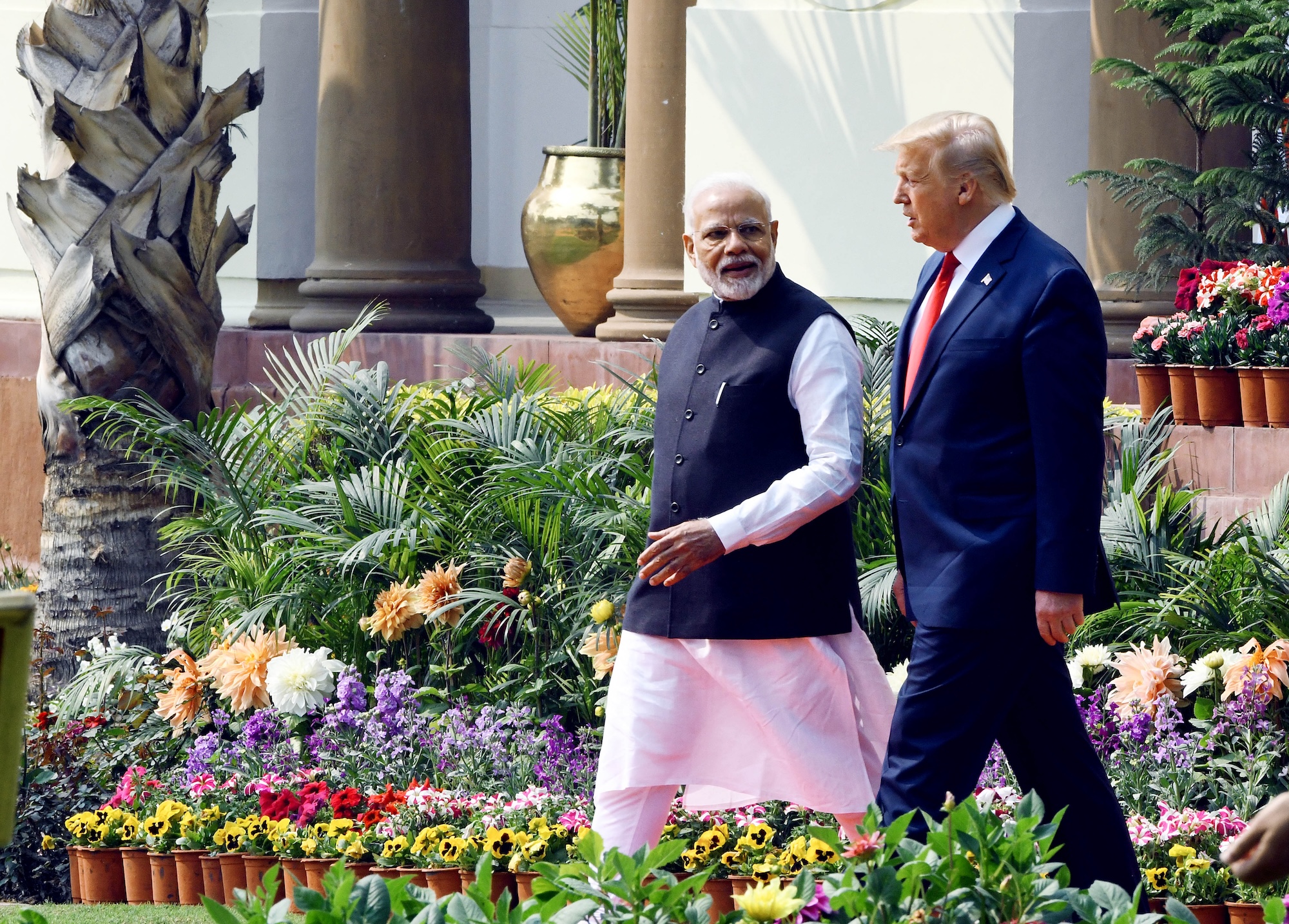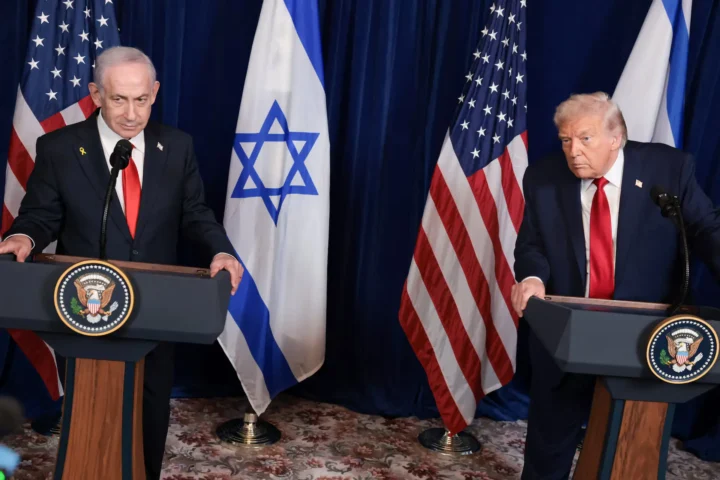Donald Trump appears confidently on track to become the 47th President of the United States. As the political landscape shifts in his favor, his potential return to the White House brings fresh implications for U.S. foreign policy, particularly regarding America’s strategic partnership with India.
His approach to foreign policy may usher in a new chapter for U.S.-India relations. Trump’s first term saw strengthened bilateral ties, and his potential return promises continuity in some key areas, including defense collaboration, strategic positioning against China, and a pragmatic stance on India’s relationship with Russia.
A Foundation of Strong US-India Defense Ties
During his initial tenure, Trump advanced India-U.S. defense cooperation significantly, cementing major defense agreements and enhancing interoperability between the two nations’ armed forces. His administration helped energize the Quad — the strategic coalition of the U.S., India, Japan, and Australia — as a counterbalance to China’s growing influence. Given his hawkish stance on Beijing, another Trump term could likely see a sustained U.S. commitment to the Indo-Pacific region, which aligns closely with India’s own strategic goals. This emphasis on containing China is a clear boon for India, as it strengthens India’s regional position without forcing it to take a confrontational approach independently.
Russia and Ukraine: An Opportunity for Pragmatism
One of the key areas where Trump’s foreign policy might resonate with Indian interests is in his approach to Russia. The ongoing Ukraine war has created diplomatic friction for India, whose neutral stance and longstanding ties with Russia have at times put it at odds with the U.S. and its Western allies. However, Trump’s favorable disposition toward Russian President Vladimir Putin and his repeated calls for a quick end to the Ukraine conflict suggest that a Trump-led U.S. may place less pressure on India to distance itself from Moscow.
This could relieve India from the delicate balancing act of maintaining strategic autonomy with Russia while navigating U.S. expectations. By softening the West’s critical stance on India’s ties with Russia, Trump could create a more flexible environment for New Delhi, aligning well with India’s independent foreign policy ethos.
Mutual Respect on Domestic Issues
Another potential appeal of a Trump presidency for India lies in his “America First” approach to foreign policy, which rarely extends to moral prescriptions on other nations’ domestic affairs. During his last tenure, Trump largely refrained from weighing in on India’s internal policies — such as the contentious removal of Article 370 in Kashmir in 2019, which drew criticism from other Western powers. This hands-off approach resonates positively with the Modi administration, which has often found Western lectures on democracy and human rights unwelcome.
With Trump’s focus on pragmatic gains over ideological lecturing, New Delhi may find the U.S. less inclined to criticize domestic policies under his administration. This provides India with greater latitude to address its internal matters without the threat of diplomatic rebukes from its most powerful ally.
Modi and Trump: A Tested Personal Equation
Personal relationships have long played a crucial role in international diplomacy, and the Modi-Trump rapport could be an asset in fostering stability between India and the U.S. Trump’s public admiration of Indian Prime Minister Narendra Modi, combined with Modi’s pragmatic approach, suggests that their renewed partnership could help smooth over potential frictions and strengthen areas of mutual interest.
In international diplomacy, where personal chemistry can often translate into strategic alignment, a Trump-Modi equation could ensure continuity and clarity, particularly in areas of defense, trade, and technology collaboration. This connection may act as a stabilizing force, even as global pressures fluctuate.
Looking Ahead: US-India Relations in a Trump 2.0 Era
A Trump return to the presidency could bring more predictability to U.S.-India relations, with both nations continuing to view each other as pivotal allies in a shifting global landscape. Trump’s China stance, his potential de-escalation of Western expectations on India’s relationship with Russia, and his tolerance for India’s internal affairs combine to make his presidency one that aligns well with New Delhi’s strategic interests.
For New Delhi, this continuity would be a welcome change in a world increasingly marked by volatility and power shifts. As India seeks to carve out its role as a global power while navigating complex alliances, a Trump presidency may provide the stability and respect for autonomy that India values. In the evolving Indo-U.S. relationship, Trump’s approach may reinforce a sense of partnership that both powers can leverage to address the shared challenges of the future.











